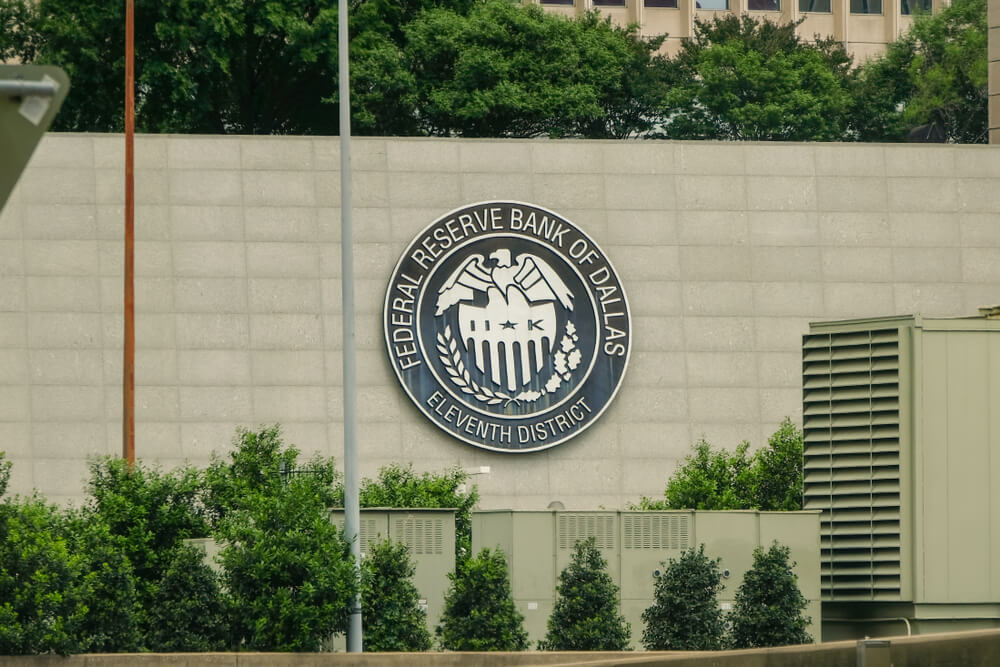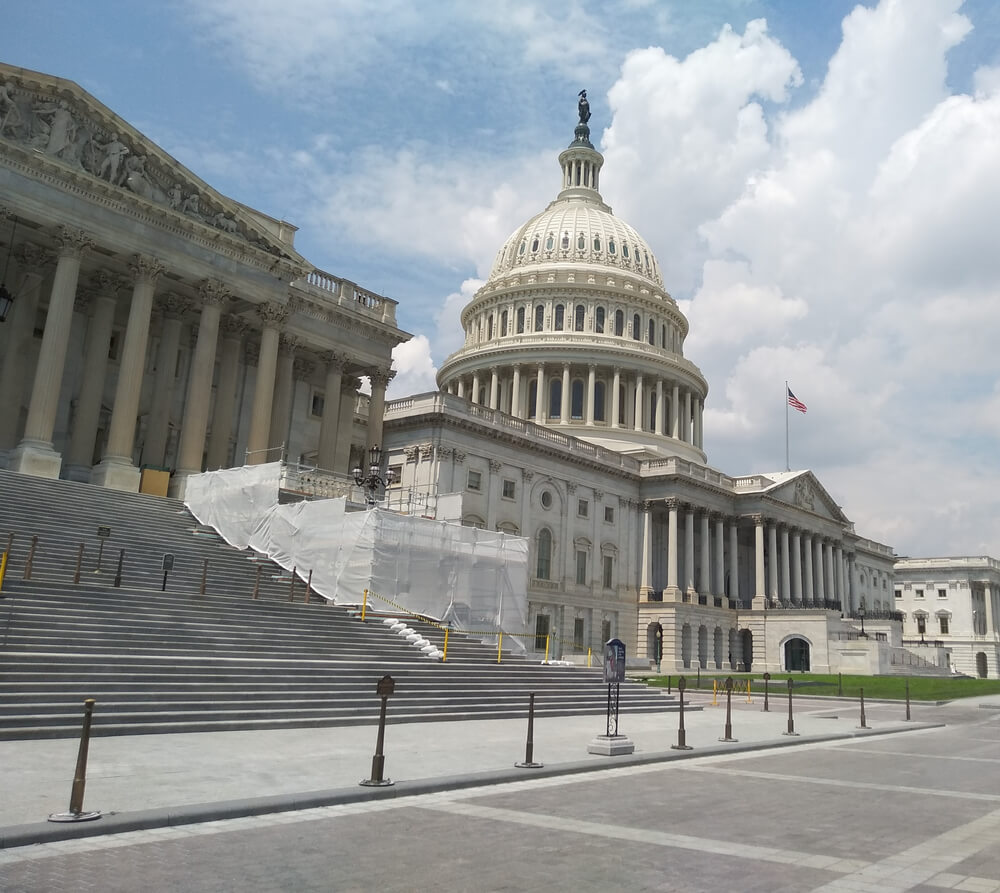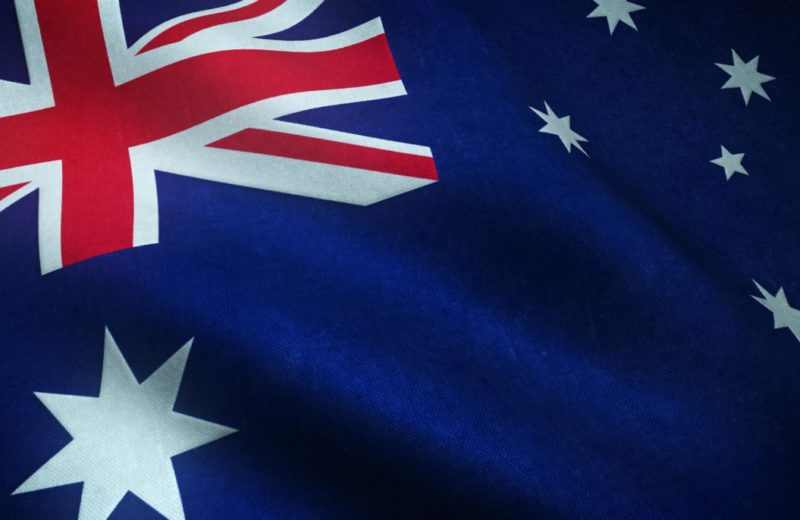Dallas Federal Reserve President Robert Kaplan stated that the central bank should gradually begin tapering assets sooner than later. He also argued that the massive bond-buying program is leading toward an excessive risk-taking approach. He added that the Federal Reserve should slash $10 billion in monthly Treasury purchases.
An analyst commented that Kaplan’s proposed pace would mean that the purchases of two assets would fall in lockstep. It is because the Federal Reserve is currently buying $80 billion in Treasuries per month and $40 billion in mortgage-backed securities. Due to this, some policymakers argued to reduce mortgage purchases, although there is a surge in housing prices.
Last Friday, two days after Kaplan’s statement, the government released the U.S. jobs data. The non-farm payrolls climbed 943K jobs in July, which is the most in nearly a year. It increased from its previous 938K data against analysts’ estimate of 870K.
Additionally, the unemployment rate dropped by 5.40%, which marks a big leap toward the central bank’s goal of little progress. It is expected to add fuel to the discussion on asset tapering. This data is better than the expected 5.70% drop from the previous 5.9% record.
At the Fed’s latest July meeting, policymakers started debating on when and how they should taper the asset purchases.
Based on reports, at the beginning of the COVID-19 pandemic last year, the central bank had already started buying bonds. An analyst said this is a move to add liquidity to the market.
Moreover, Fed officials are considering two interest rate hikes in 2023, even though 18 FOMC participants saw the other one beginning in 2022.
ECB Plans to Tighten Monetary Policy
Meanwhile, the European Central Bank is planning to tighten its monetary policy to counter the inflationary pressures. Countries in the eurozone increased their borrowing to survive the coronavirus pandemic.
An analyst said that this move would leave them exposed to more debt servicing costs if the ECB proceeds to tighten its policy.
A policymaker commented that the central bank made it clear that it will only tighten its monetary policy if the price outlook dictates. He added that they could not take into account the financing costs of each member state since the ECB needs to act alongside its price stability objective.
At the central bank’s latest policy meeting last July 22, it pledged to keep the interest rates at record lows for longer to boost the slow-paced inflation.
Additionally, it warned that the fast surge of the COVID-19 delta strain imposes a great risk to the recovery of the eurozone area.
















